Why I decided to go on 60 Minutes
A compulsion to speak out on behalf of all our 1,350 colleagues of the Voice of America who have all been silenced
NEW YORK — I’m old enough to remember the initial season of 60 Minutes on CBS in 1968. Mike Wallace and Harry Reasoner fronted the innovative broadcast that was the brainchild of Don Hewitt and Bill Leonard.
Hewitt had been the first producer of Edward R. Murrow’s See It Now. If you’re too young to know how consequential that program was for American democracy, then catch George Clooney on Broadway portraying the chain-smoking Murrow in ‘Good Night and Good Luck.’ I was fortunate to snag a last-minute ticket a week ago and the savvy audience applauded the lines that are especially resonant in 2025
Murrow, Hewitt and Leonard worked for the legendary Fred W. Friendly (portrayed in the Broadway performances by Glenn Fleshler, whom I remembered from his role in Boardwalk Empire as the infamous Cincinnati bootlegger George Remus).
You’ll note a few threads that pull together here to the Queen City. I was born there. Clooney grew up in the area and his father (Nick) and aunt (Rosemary) were local legends, respectively as a TV anchorman and as a singer.
Murrow was selected by John F. Kennedy to run the U.S. Information Agency, under which the Voice of America operated
The VOA’s first domestic broadcasts in World War II emanated just north of Cincinnati, thanks to the ingenuity of Powel Crosley, Jr., who built the Bethany Relay Station (now the site of the National Voice of America Museum of Broadcasting).
I first listened to VOA a couple of decades after those initial war-time transmissions. VOA’s public diplomacy mission as a U.S.-government broadcaster would eventually attract me to begin reporting for it as a freelancer from Japan, which led to my long run as one of VOA’s full-fledged correspondents.
Clooney was on 60 Minutes last Sunday. I will be on the program this Sunday.
While I certainly aspired long ago to work for the Voice of America, I never anticipated appearing on 60 Minutes. I was merely an avid viewer and student of its style of investigative journalism, which was pioneered by See It Now. I had a peripheral connection to CBS News a long time ago, as a freelance radio reporter in Japan. That is where I first met Bill Whitaker, then the Tokyo correspondent for CBS. And that is one reason I eventually agreed to the request from the program’s producers to sit for an interview at a rather delicate time. I respect Bill and consider him a journalist of high integrity, someone who has followed in the footsteps of Murrow and Wallace.
That said, it was no easy decision to consent to an interview, knowing the grilling guests receive. As a veteran reporter, I prefer to ask questions, rather than answer them.
I arrived at this juncture amid personnel investigations into my journalism initiated by VOA’s current parent, the U.S. Agency for Global Media. This began following last November’s presidential election. At that point, there were no political appointees from the current administration at USAGM. VOA own’s upper management sought to sideline me and my successor as White House bureau chief, Patsy Widakuswara, as part of what our colleagues perceived as anticipatory obedience. The theory went that if Herman and Widakuswara were thrown to the wolves that could keep at bay the next administration’s political appointees who were looking for retribution.
Both Patsy and I had been targets of USAGM and VOA political appointees in the first administration of President Donald Trump. (A topic in the latter chapters of Behind the White House Curtain: A Senior Journalist’s Story of Covering the President – and Why It Matters.)
The new administration was apparently seeking more than just a few scalps. A couple of weekends ago it put all 1,350 of VOA’s staff members on paid administrative leave and quickly informed 550 of those who were contractors (not civil service or foreign service employees) they were being terminated as of the end of March. That silenced the Voice of America in four dozen languages, on TV, radio and online around the world. If you view Sunday’s 60 Minutes program you will see Herman and Widakuswara provide new details of what happened and why we are fighting to reverse it.
Patsy is the lead plaintiff in a civil complaint against Kari Lake (a USAGM ‘special adviser’), Victor Morales (a former VOA reporter and newscaster who has been appointed the figurehead acting chief executive officer of USAGM) and the agency itself.
A federal judge on Friday issued an open-ended temporary restraining order against the actions of the defendants, writing that they had defied Congress and violated Constitutional provisions with actions arbitrary and capricious. It has taken a legion of lawyers working around the clock to do the research and write the submissions that led to this initial victory.
Murrow, Friendly and Hewitt knew they were risking their careers to take on a Red-baiting demagogue who was the junior senator from Wisconsin, Joseph R. McCarthy. I have become convinced a similar calumniation 70 years later to recklessly label my colleagues “spies” and “terrorist sympathizers” is from the same playbook used to intimidate independent media elsewhere, putting our democracy on a slippery slope and well worth any jeopardy to my career.
I know that Patsy and other colleagues share that sentiment and have followed us in exposing the wrongdoing. One difference between now and then is that the leadership of CBS (led by its chief, William S. Paley) had the backs of the brave See It Now crew, while VOA’s upper management initially attempted to appease the agents of our annihilation.
Stay tuned. We have prevailed in what is only the first clash in a likely long legal battle to revive the Voice of America.
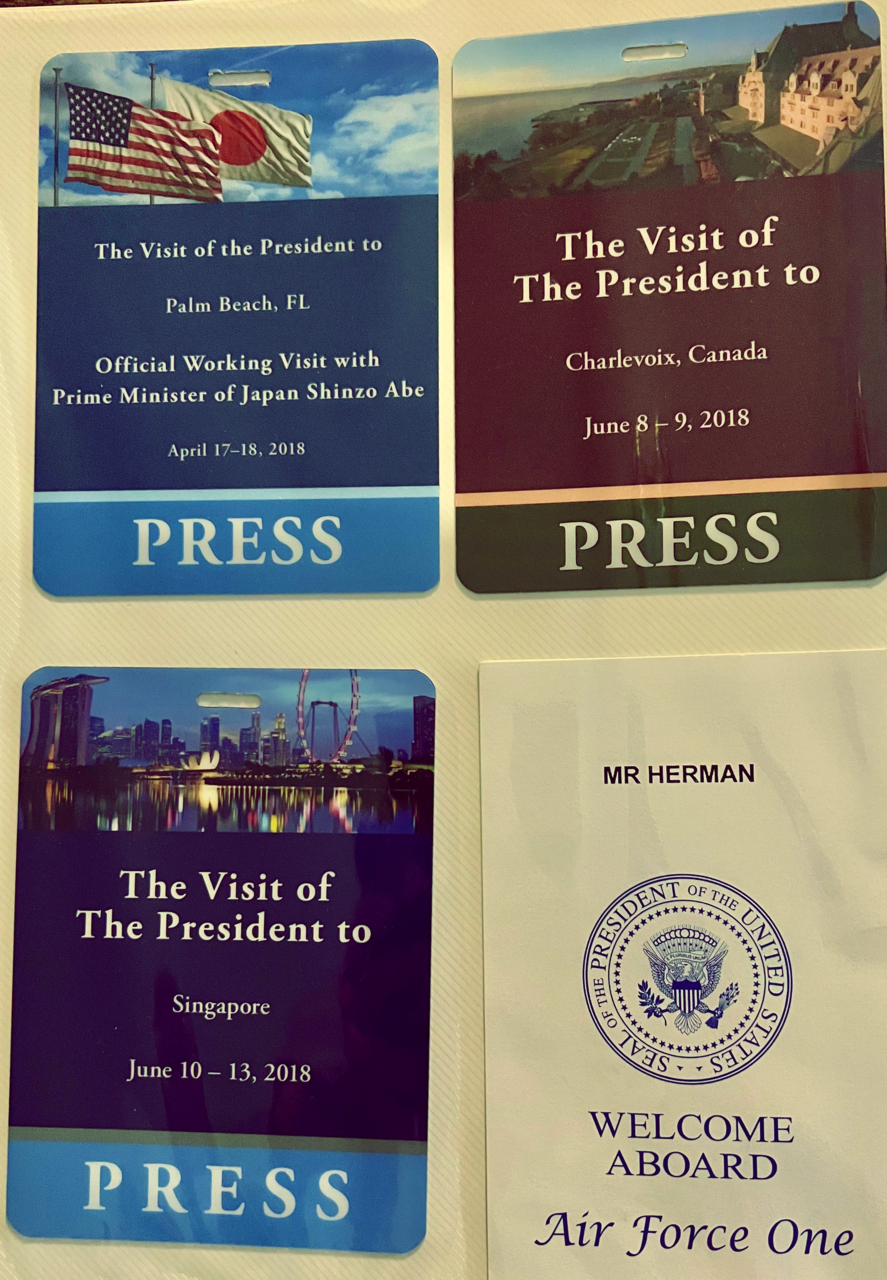


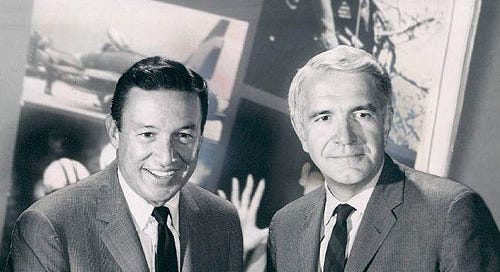



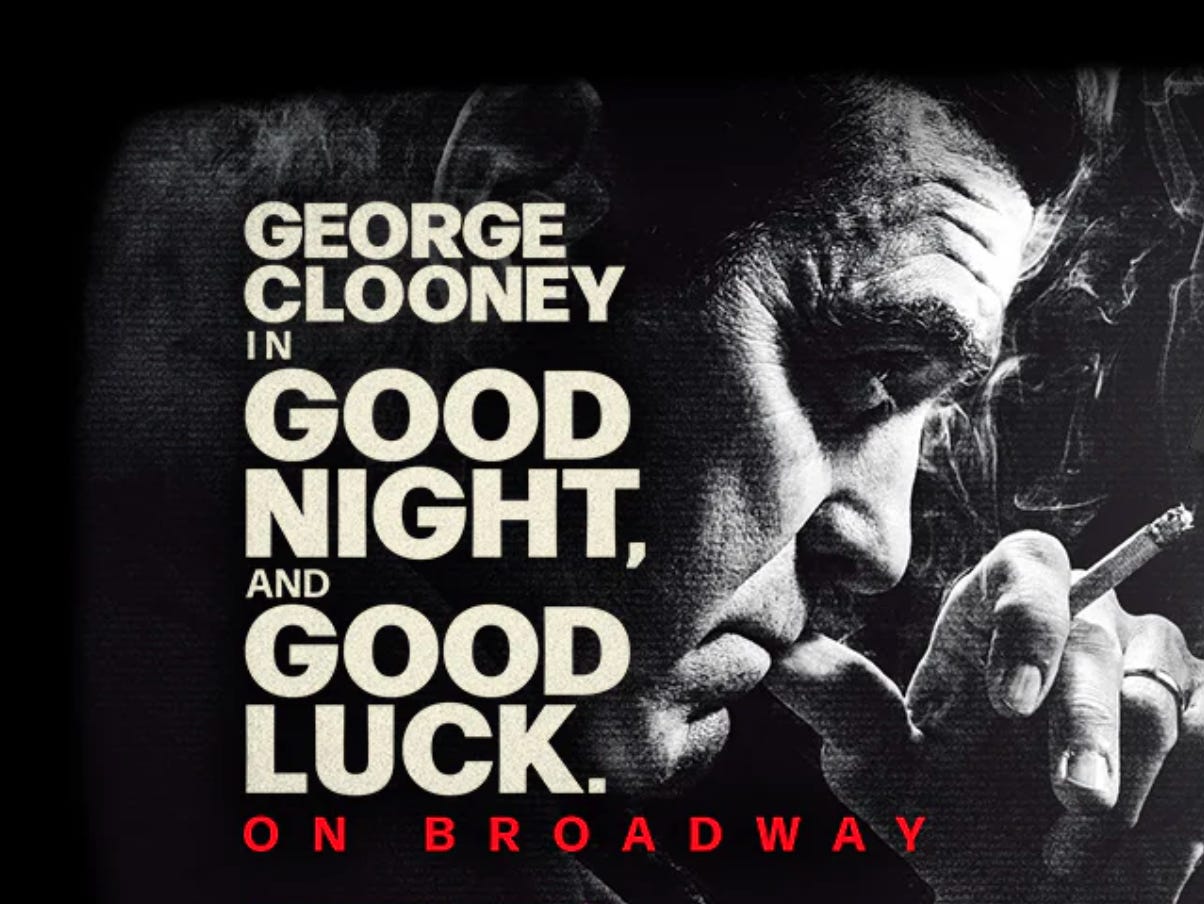
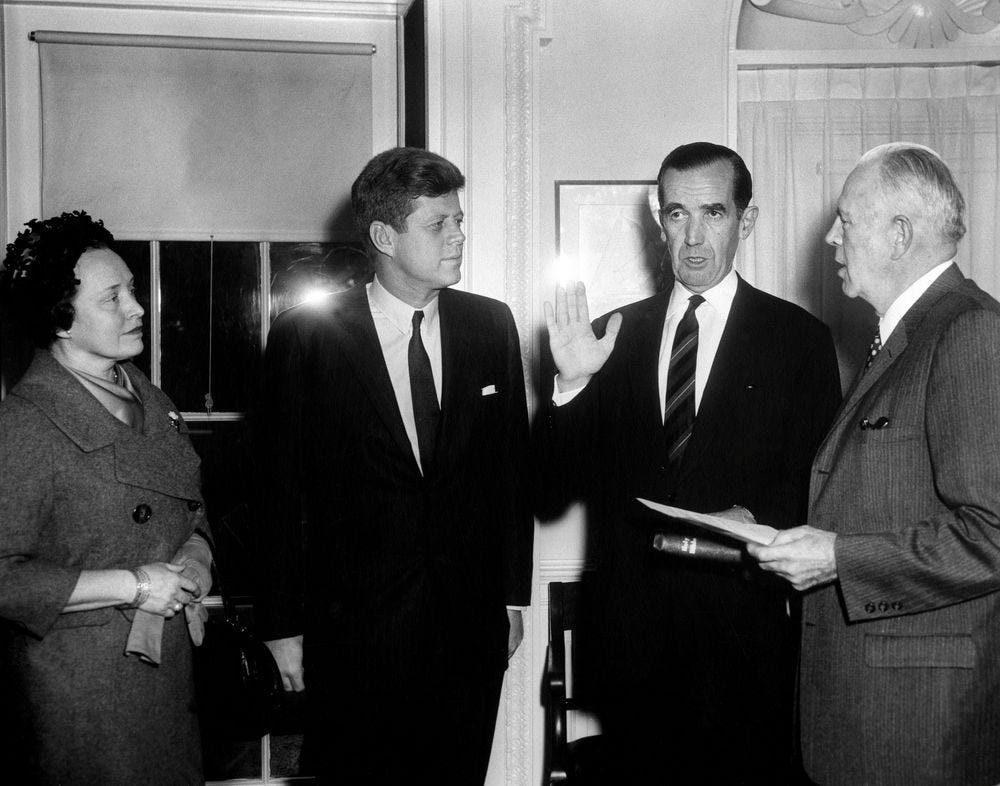

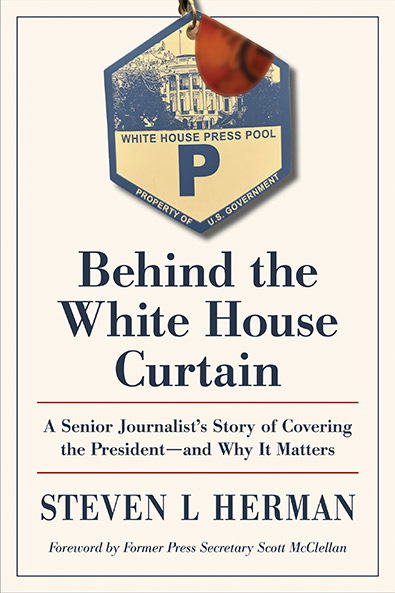





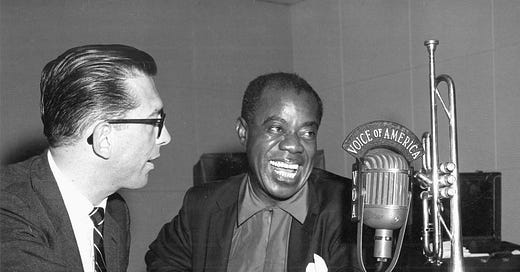



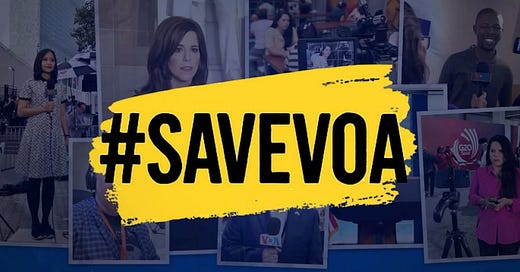

I hope you prevail
Well said. We must stand up!